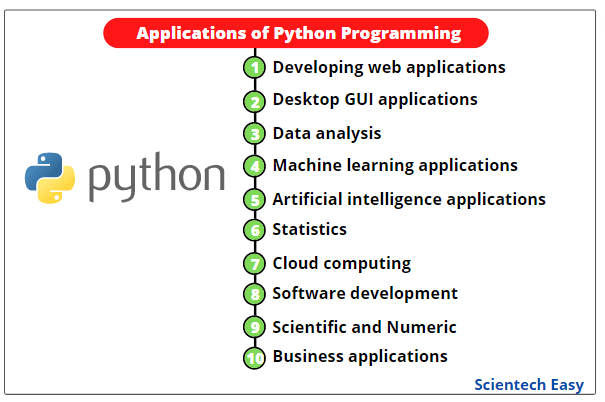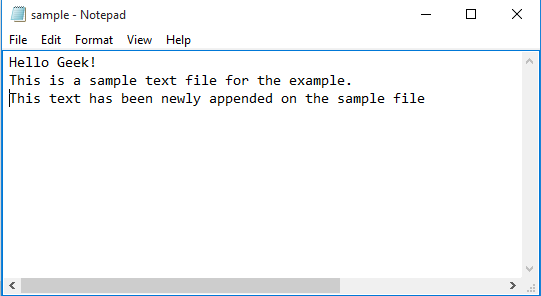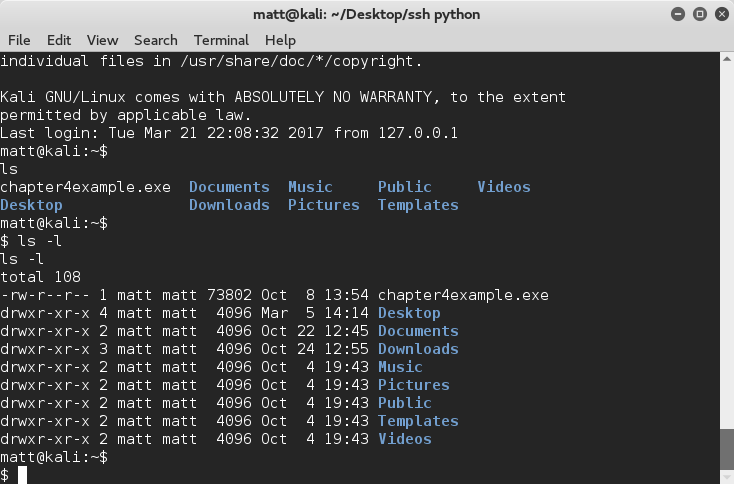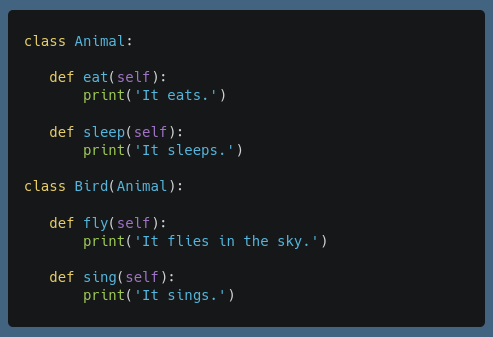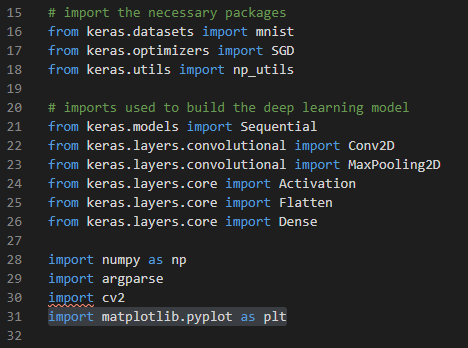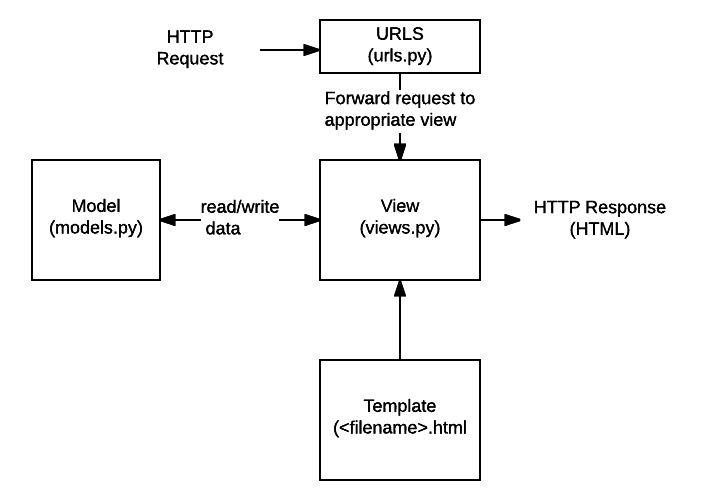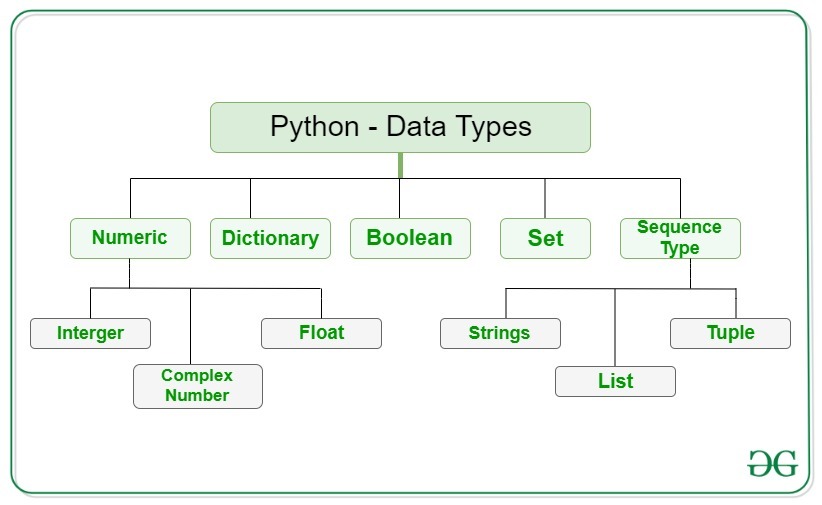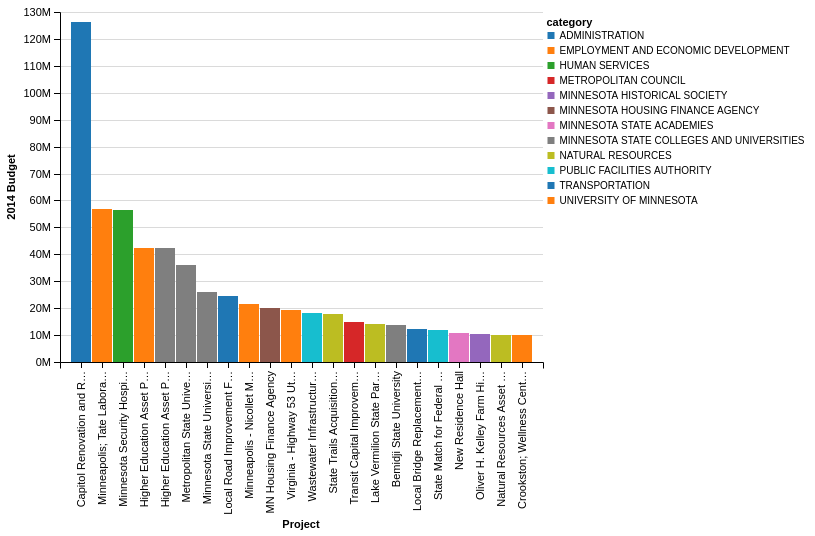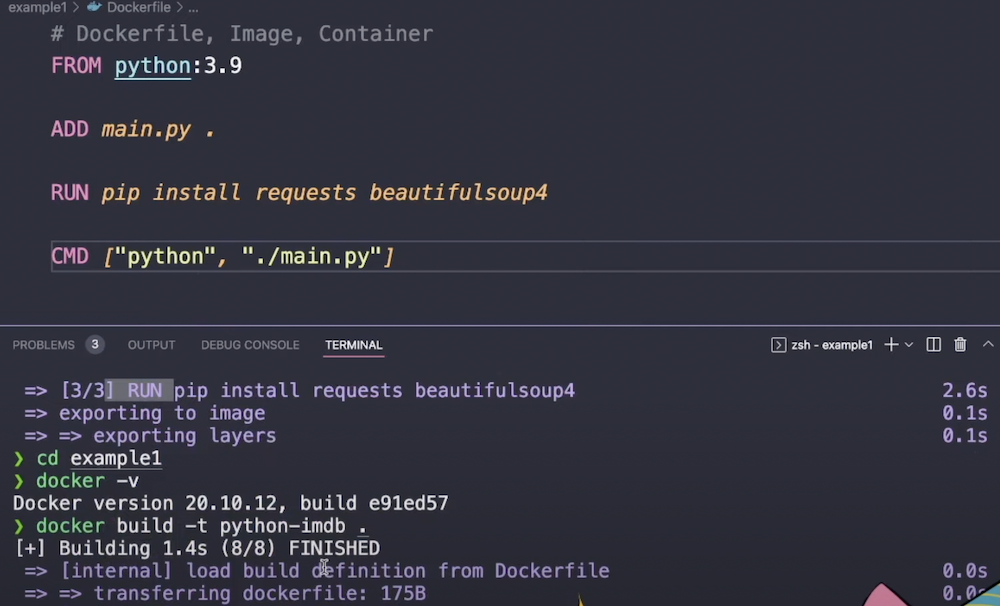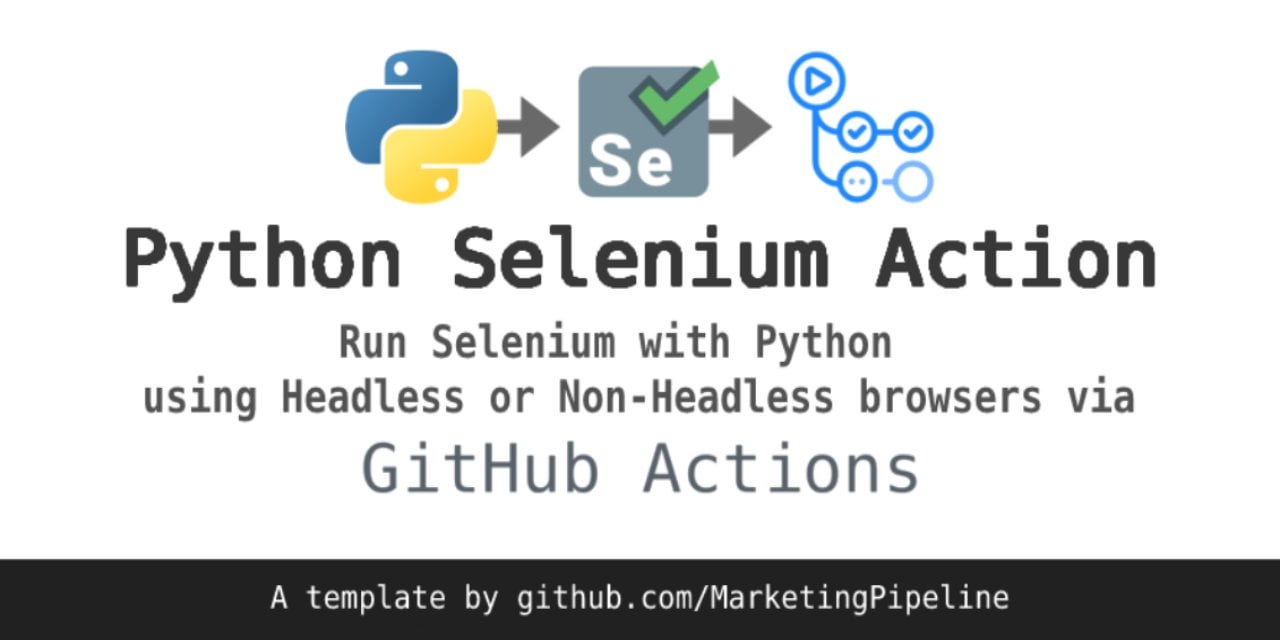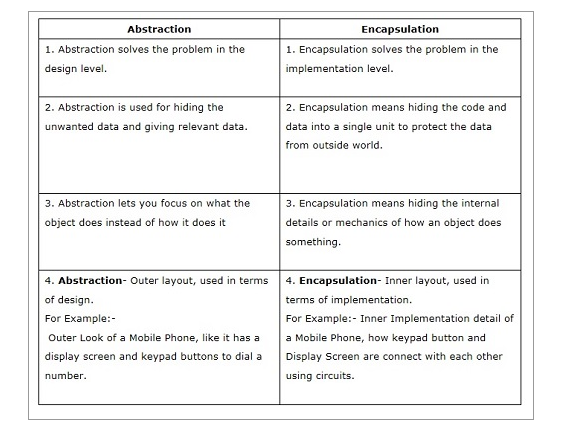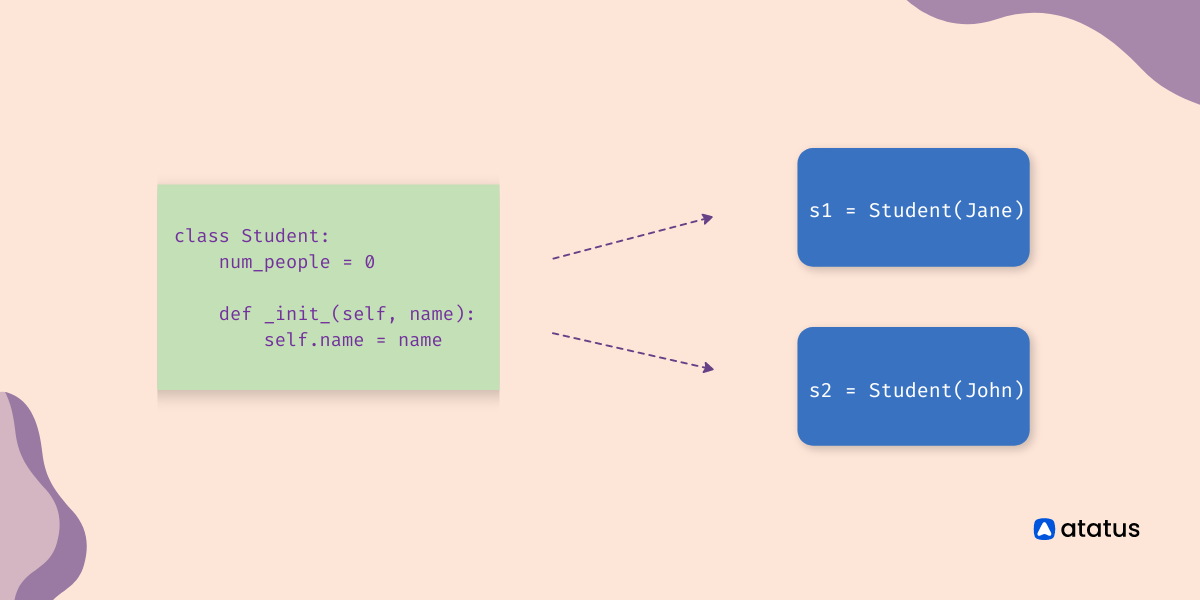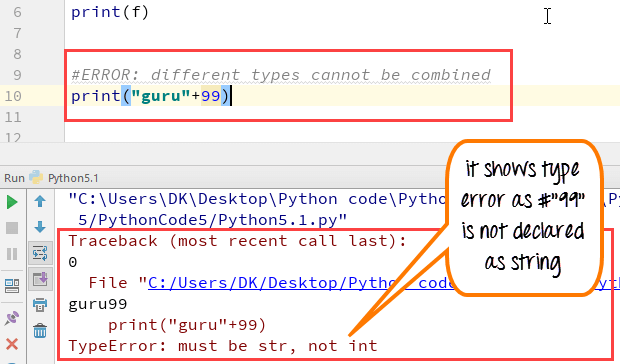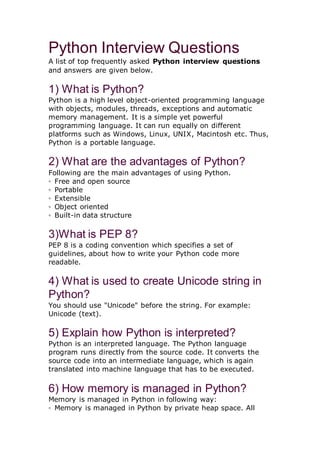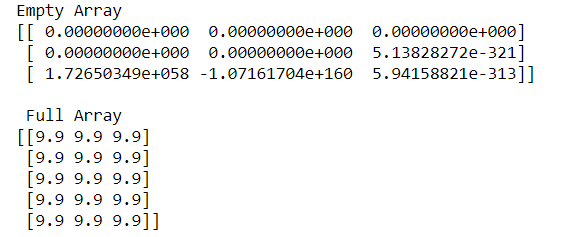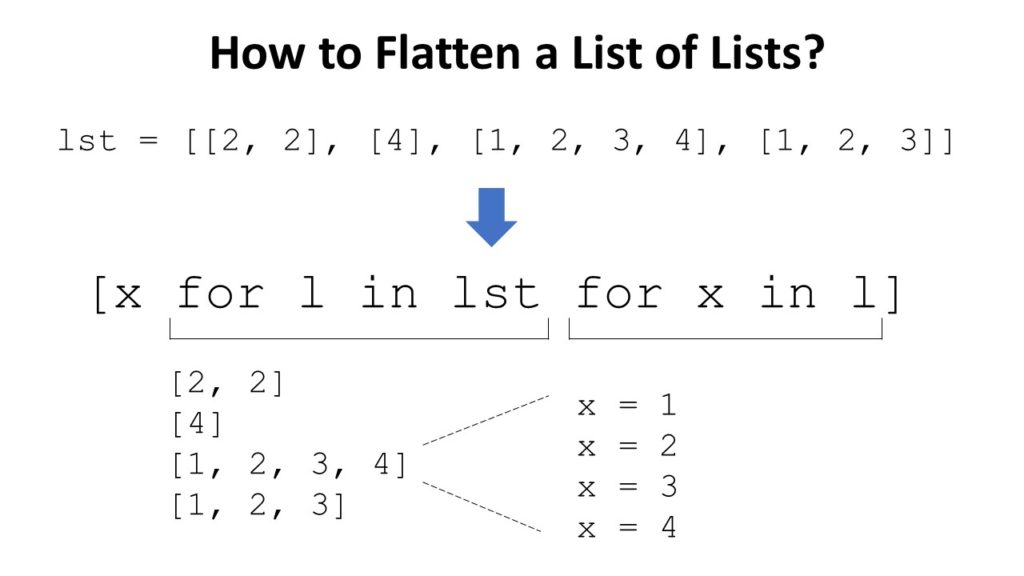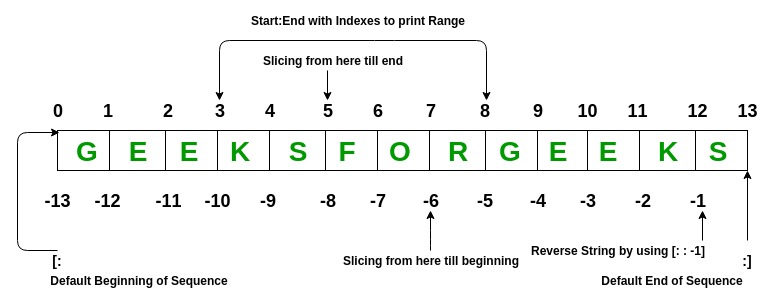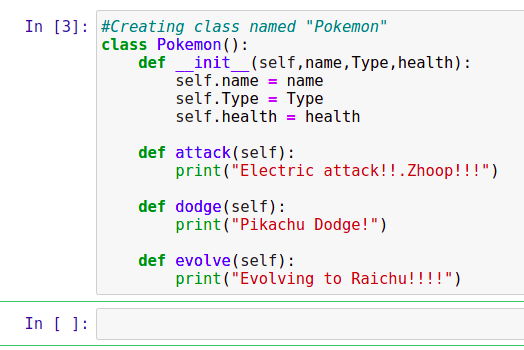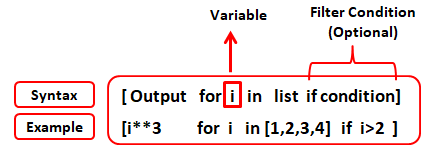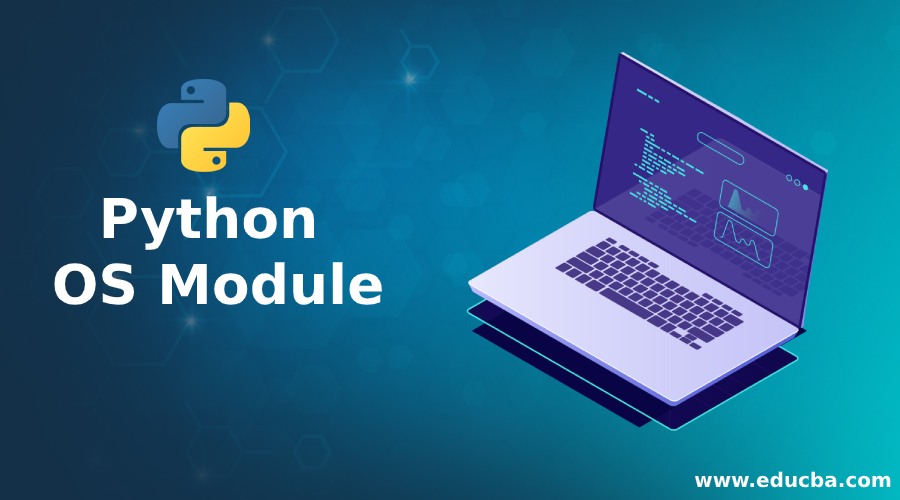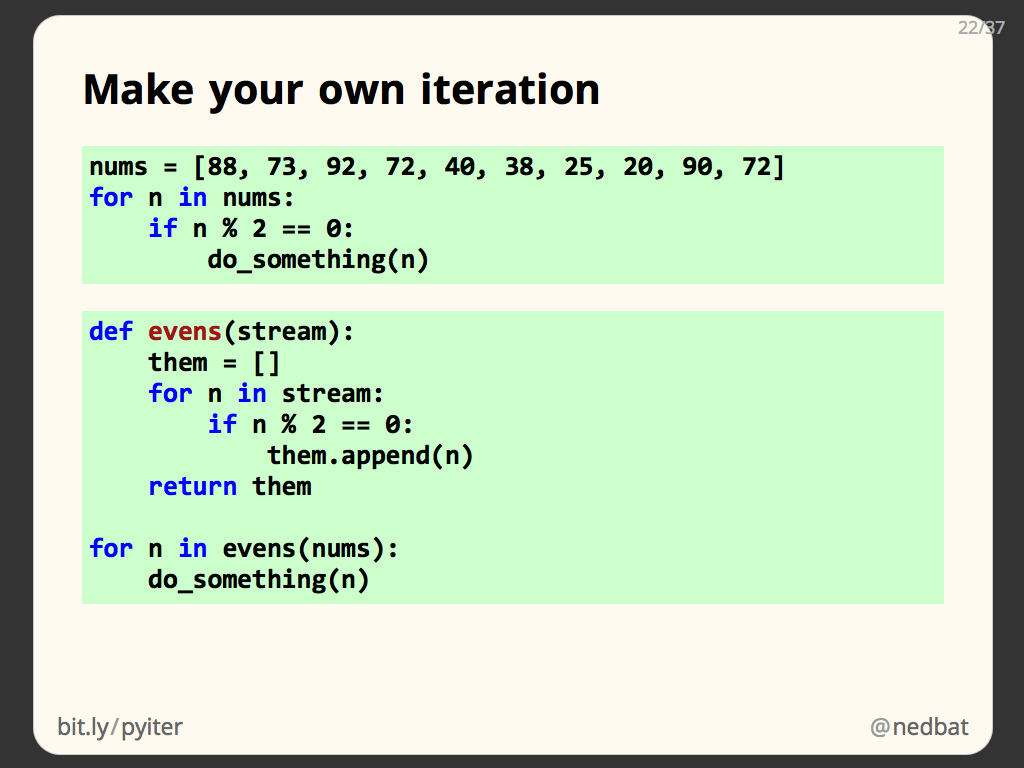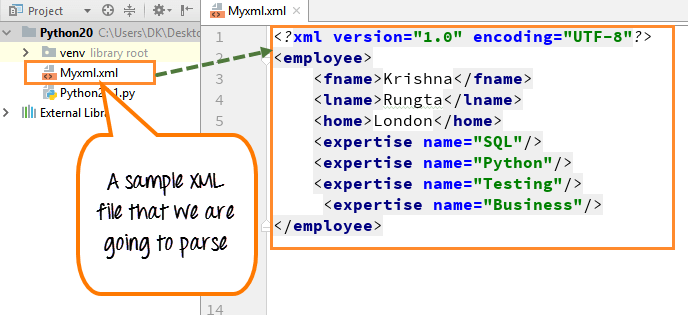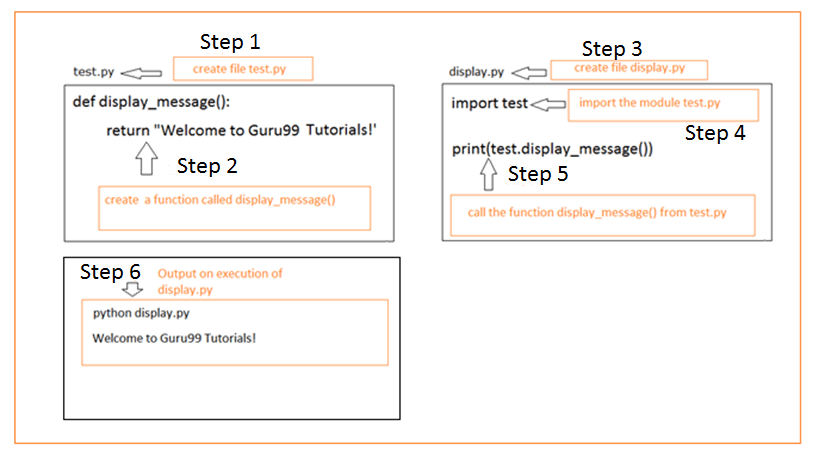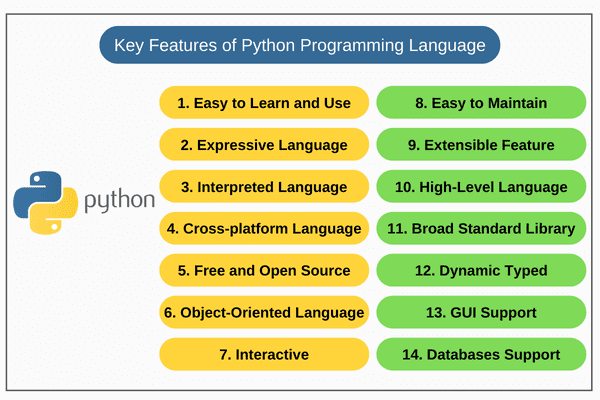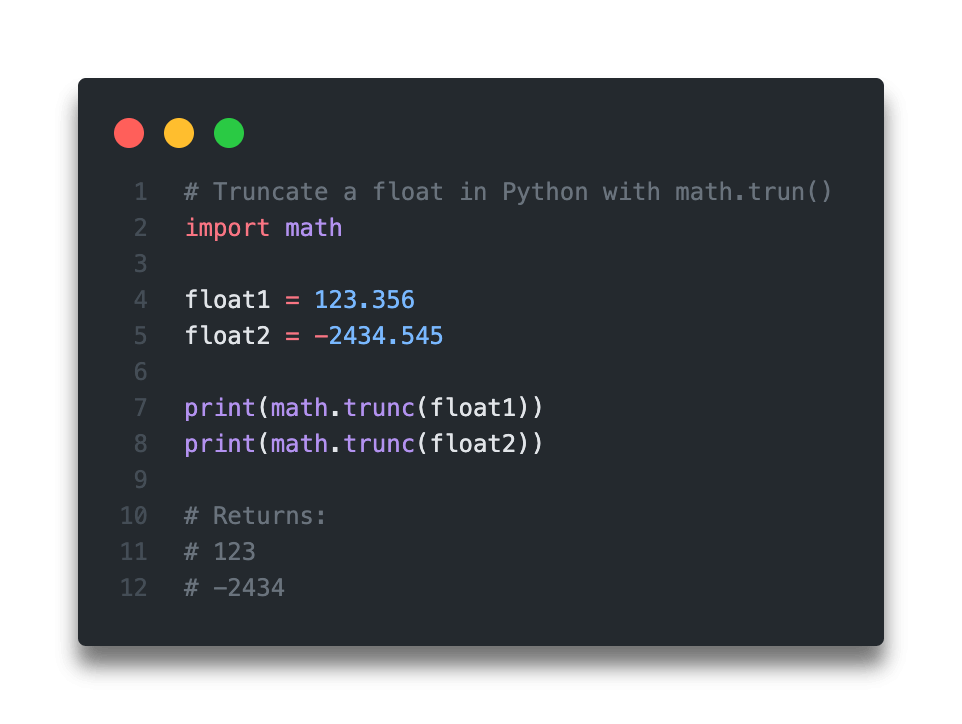What are the advantages of Python over C language?
What are the advantages of Python over C language?
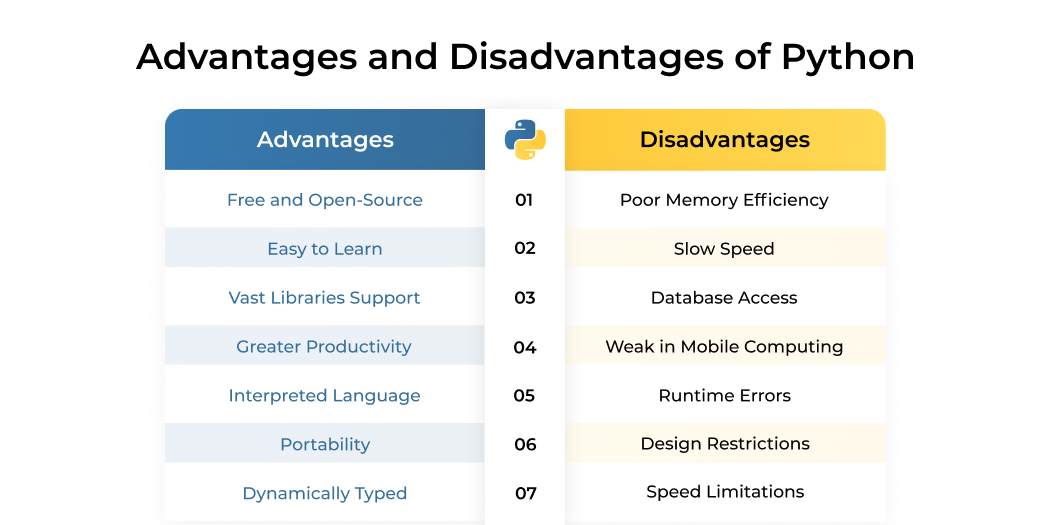
Python and C are two distinct programming languages with their own strengths and weaknesses. While C is a low-level, efficient language ideal for systems programming, Python is a high-level, interpreted language suitable for rapid prototyping, data analysis, and artificial intelligence applications. Here are some advantages of Python over C:
Ease of Use: Python has a syntax that is more intuitive and easy to read, making it accessible to developers without extensive programming experience. The indentation-based syntax also helps in writing clean and organized code. In contrast, C requires a deeper understanding of memory management, pointer arithmetic, and typecasting, which can be challenging for beginners. Rapid Development: Python's interpreted nature allows for fast development cycles, as you can quickly test and iterate on your code without compiling or rebuilding. This rapid prototyping capability is particularly useful in data analysis, web development, and scientific computing where iterative refinement is crucial. Dynamic Typing: Python is dynamically typed, which means you don't need to declare variable types before using them. This leads to less boilerplate code, reduced errors due to type mismatches, and more flexibility in your coding style. C, on the other hand, is statically typed, requiring explicit declaration of variable types, which can be time-consuming and error-prone. Built-in Data Structures: Python comes with built-in data structures like lists, dictionaries, and sets, making it easy to work with complex data structures without worrying about memory management or manual pointer manipulation. C requires manual memory allocation and deallocation for these tasks, which can lead to errors and increased development time. Extensive Libraries and Frameworks: Python has an extensive collection of libraries and frameworks for various domains, such as NumPy and SciPy for scientific computing, Pandas for data analysis, Flask or Django for web development, and scikit-learn for machine learning. These libraries simplify many tasks, reducing the need to implement custom solutions from scratch. C's standard library is smaller and more focused on systems programming, making it less suitable for high-level applications. Cross-Platform Compatibility: Python can run on multiple platforms with minimal modifications, thanks to its interpreted nature and cross-platform compatible modules. C code, however, requires recompilation and possibly manual modifications for each target platform, which can be time-consuming and error-prone. Less Error-Prone: Python's high-level abstraction and dynamic typing help reduce the likelihood of memory-related errors, null pointer dereferences, and type mismatches that are common in C programming. This results in fewer bugs and a lower chance of runtime errors. Improved Readability: Python's whitespace-sensitive syntax and consistent naming conventions promote readable code, making it easier for developers to understand and maintain each other's work. C's complex pointer arithmetic and implicit memory management can lead to dense, hard-to-read code that requires significant expertise to decipher.While C is an excellent choice for systems programming, game development, and embedded systems where performance, efficiency, and control are paramount, Python excels in rapid prototyping, data analysis, scientific computing, and artificial intelligence applications where ease of use, flexibility, and high-level abstractions are valuable. Ultimately, the choice between Python and C depends on the specific requirements and goals of your project.
What is Python What are the benefits of using Python
I'm happy to respond in English for you!
What is Python?
Python is a high-level, interpreted programming language that has gained immense popularity over the past two decades. It was created in the late 1980s by Guido van Rossum and named after the British comedy group Monty Python's Flying Circus. Python is known for its simplicity, readability, and ease of use, making it an excellent choice for beginners and experts alike.
What are the benefits of using Python?
Easy to Learn: Python has a syntax that is designed to be easy to read and write, even for those without extensive programming experience. It's perfect for beginners, students, or anyone looking to learn a new language. Versatile: Python can be used for web development, data analysis, machine learning, automation, scientific computing, and more! Its versatility makes it an excellent choice for tackling diverse projects. Cross-Platform: Python can run on multiple platforms, including Windows, macOS, Linux, and many others. This flexibility allows developers to work seamlessly across different environments. Extensive Libraries: Python has a vast collection of libraries and frameworks that make development easier and faster. Some popular ones include NumPy, pandas, scikit-learn, TensorFlow, and Keras. Large Community: Python has an enormous and active community, which translates to a wealth of resources, documentation, and support. This is particularly helpful for new developers or those working on complex projects. Rapid Development: Python's syntax and nature make it ideal for rapid prototyping and development. You can quickly test ideas, iterate, and refine your code without worrying about the complexities of other languages. Scientific Computing: Python is widely used in scientific computing due to its excellent numerical capabilities. It supports various libraries like NumPy, SciPy, and Pandas, making it a popular choice for data analysis, simulations, and visualization. Web Development: Python can be used for web development with frameworks like Django, Flask, and Pyramid, which provide robust support for building scalable and maintainable web applications. Machine Learning and AI: Python is an essential tool in the field of machine learning and AI due to its integration with popular libraries such as TensorFlow, Keras, Scikit-learn, and OpenCV. Job Prospects: Knowing Python can open up a wide range of job opportunities, from data scientist to web developer, and even DevOps engineer.In conclusion, Python is an excellent choice for anyone interested in programming, whether you're a beginner or experienced developer. Its ease of use, versatility, and extensive libraries make it an ideal language for tackling various projects, from simple scripts to complex applications.
